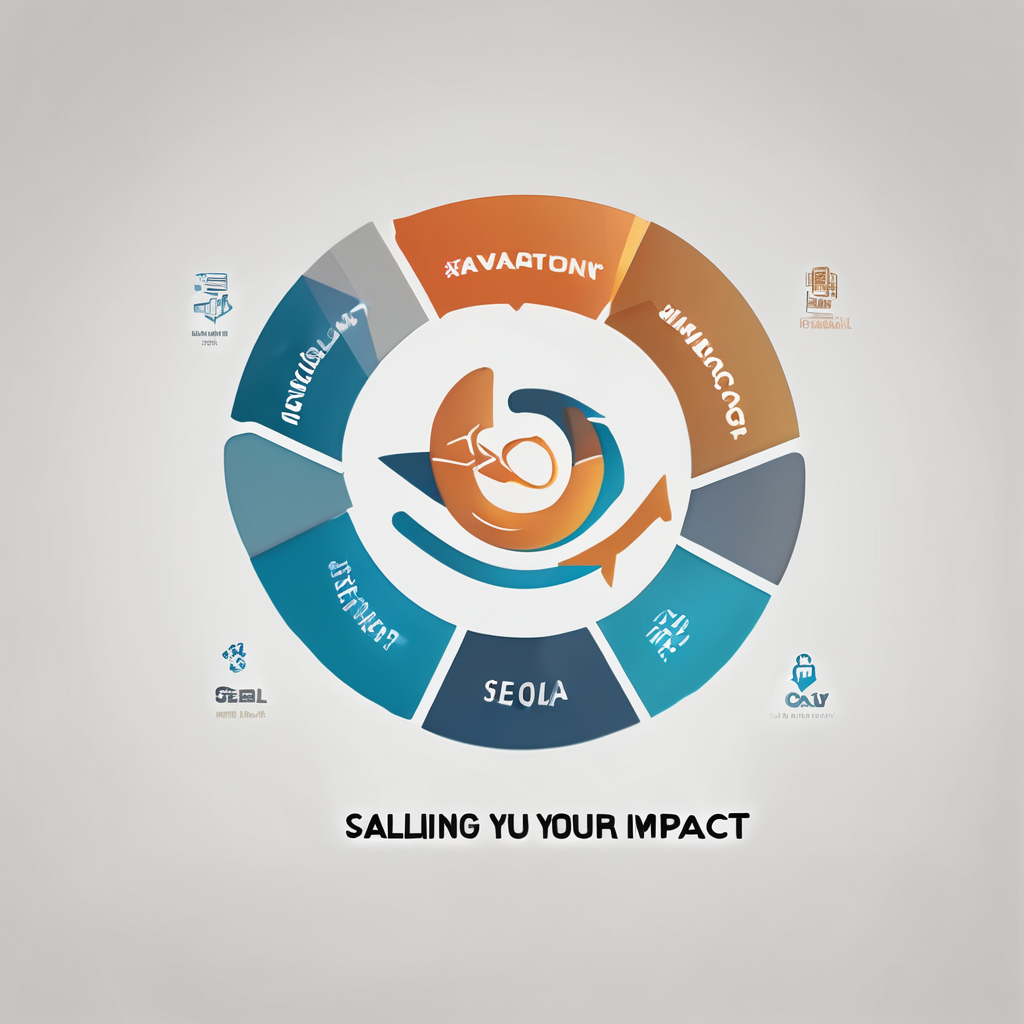In an era where climate change and environmental degradation are at the forefront of global discussions, marine conservation has never been more crucial. Establishing a marine conservation consultancy in the UK offers an incredible opportunity to make a significant impact on the marine environment, particularly in areas like the deep sea, coral reefs, and protected areas. This guide provides a comprehensive overview of the necessary steps to set up a successful marine conservation consultancy, from understanding the industry landscape to effectively managing projects and networks.
Understanding the Marine Conservation Landscape
Before diving into the practical steps of setting up a marine conservation consultancy, it’s essential to understand the broader context in which you’ll operate. The marine environment is incredibly diverse, encompassing a range of ecosystems from coastal zones to deep-sea habitats. Marine conservation involves protecting these ecosystems and the myriad species that inhabit them.
In parallel : What detailed financial management strategies should a UK-based tech startup adopt?
In the UK, organizations such as Natural England and the Wildlife Trust play pivotal roles in marine conservation. These entities focus on various aspects of marine management, including the establishment of marine protected areas and the conservation of marine wildlife. By aligning your consultancy with these organizations, you can leverage their expertise and support to enhance your own projects.
Marine conservation is not just about protecting species habitats; it’s also about addressing broader environmental issues such as climate change. As a consultancy, your role will involve offering conservation advice, conducting marine science research, and implementing management strategies to mitigate the adverse effects of human activities on marine ecosystems.
Topic to read : What detailed steps should a UK-based art restoration business take to comply with conservation laws?
Understanding this landscape will allow you to identify key areas where your consultancy can make the most impact. Whether it’s focusing on coral reefs, marine mammal protection, or deep sea exploration, having a clear understanding of the marine conservation field will guide your strategic planning and help you set achievable goals.
Setting Up Your Marine Conservation Consultancy
With a solid understanding of the marine conservation landscape, the next step is to establish your consultancy. This involves several crucial steps, from registering your business to developing your service offerings and building a professional network.
Registering Your Business
First and foremost, you’ll need to register your consultancy as a legal entity. In the UK, you can choose to set up as a sole trader, a partnership, or a limited company. Each structure has its own advantages and disadvantages, so it’s essential to research and decide which one best suits your needs. For a professional consultancy, a limited company is often the preferred choice as it provides limited liability and a more professional image.
Developing Your Service Offerings
Your consultancy’s services should address the key challenges in marine conservation. These may include providing conservation advice, conducting marine science research, and developing management strategies for protected areas. Consider offering specialized services such as species management, habitat restoration, and climate change mitigation.
Building a Professional Network
Networking is crucial in the marine conservation field. Establish connections with other marine conservation organizations, research institutions, and government bodies like Natural England. Joining professional bodies and attending conferences can also help you stay updated on the latest developments and opportunities in the field. Engaging with social enterprises and international organizations can further expand your reach and impact.
Securing Funding and Resources
Securing funding is one of the most challenging aspects of setting up a consultancy. Explore various funding options, including grants, sponsorships, and partnerships. Organizations like the Wildlife Trust and Natural England often provide funding opportunities for conservation projects. Additionally, consider using social media and crowdfunding platforms to raise awareness and funds for your initiatives.
Conducting Research and Projects
Once your consultancy is up and running, the next step is to start conducting research and managing projects. This involves identifying research areas, developing project plans, and implementing conservation strategies.
Identifying Research Areas
Identify key research areas that align with your consultancy’s mission and the broader goals of marine conservation. This may include studying the impacts of climate change on marine wildlife, assessing the health of coral reefs, or monitoring marine mammal populations. Collaborate with research institutions and other marine conservation organizations to access data and resources.
Developing Project Plans
Develop detailed project plans that outline your objectives, methodologies, timelines, and budgets. Ensure that your projects are scientifically robust and align with the best practices in marine science. Consider using project management tools to keep track of progress and ensure timely completion of tasks.
Implementing Conservation Strategies
Implement conservation strategies that address the key challenges identified in your research. This may involve habitat restoration, species reintroduction, or the establishment of marine protected areas. Engage with local communities and stakeholders to ensure the success and sustainability of your projects.
Effective Management and Evaluation
Effective management and evaluation are crucial for the success of your consultancy. This involves ongoing project management, regular evaluation of your projects, and continuous improvement of your services.
Ongoing Project Management
Effective project management is essential to ensure that your projects are completed on time and within budget. Use project management tools and techniques to keep track of progress, manage resources, and address any issues that arise. Regularly communicate with your team and stakeholders to keep everyone informed and engaged.
Regular Project Evaluation
Regular evaluation of your projects is crucial to assess their impact and identify areas for improvement. Use both qualitative and quantitative methods to evaluate the success of your projects. Collect feedback from stakeholders and use this information to refine your strategies and improve your future projects.
Continuous Improvement
Continuous improvement is essential to stay ahead in the ever-evolving field of marine conservation. Stay updated on the latest research and developments in marine science and incorporate new knowledge and techniques into your projects. Regularly review your consultancy’s performance and make necessary adjustments to improve your services and achieve your conservation goals.
Building a Sustainable Future
Building a sustainable future for your consultancy involves not only achieving your conservation goals but also ensuring the long-term viability of your business. This involves diversifying your funding sources, building a strong team, and engaging with the wider community.
Diversifying Funding Sources
Diversifying your funding sources is crucial to ensure the financial sustainability of your consultancy. Explore various funding options, including government grants, private donations, and corporate sponsorships. Developing a diverse portfolio of funding sources will help you withstand financial challenges and continue your conservation efforts.
Building a Strong Team
Building a strong team is essential to achieve your conservation goals. Hire skilled professionals with expertise in marine biology, marine science, and project management. Provide ongoing training and professional development opportunities to keep your team updated on the latest developments in the field.
Engaging with the Wider Community
Engaging with the wider community is crucial to raise awareness and support for your conservation efforts. Use social media and other communication channels to share your successes and challenges with the public. Engage with local communities and stakeholders to build support for your projects and ensure their long-term sustainability.
Setting up a UK-based marine conservation consultancy involves a series of well-planned steps, from understanding the marine conservation landscape to effectively managing projects and building a sustainable future. By aligning your consultancy with the broader goals of marine conservation and leveraging the support of organizations like Natural England and the Wildlife Trust, you can make a significant impact on the marine environment.
From registering your business and developing your service offerings to conducting research and implementing conservation strategies, each step is crucial to the success of your consultancy. Effective management and continuous improvement are essential to achieve your conservation goals and build a sustainable future.
With dedication, expertise, and a strong network, your consultancy can play a pivotal role in protecting the UK’s marine environment and ensuring a sustainable future for our oceans. By following these detailed steps, you can set up a successful marine conservation consultancy that makes a real difference in the fight against climate change and the protection of marine wildlife.






